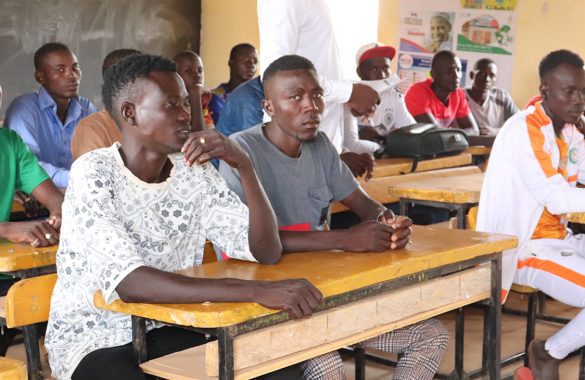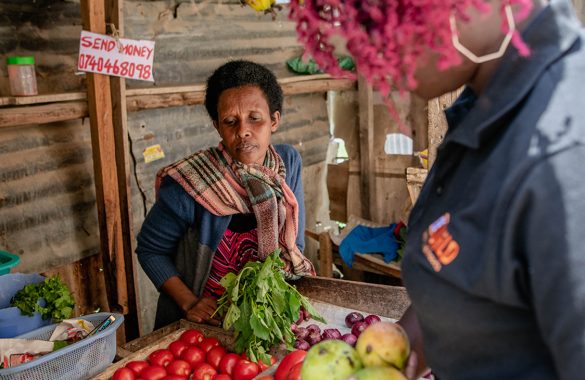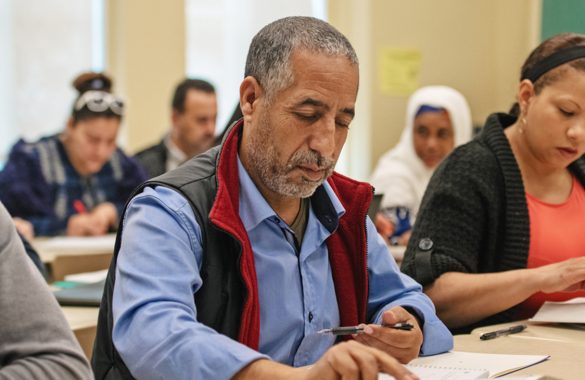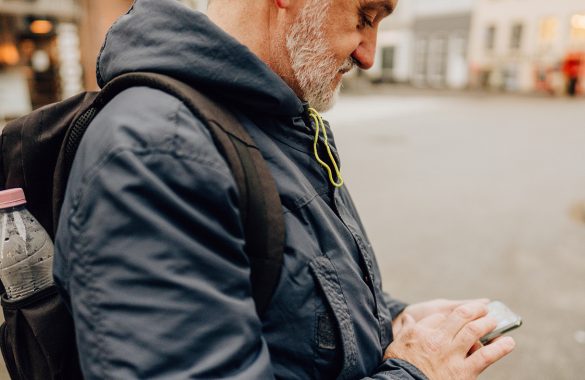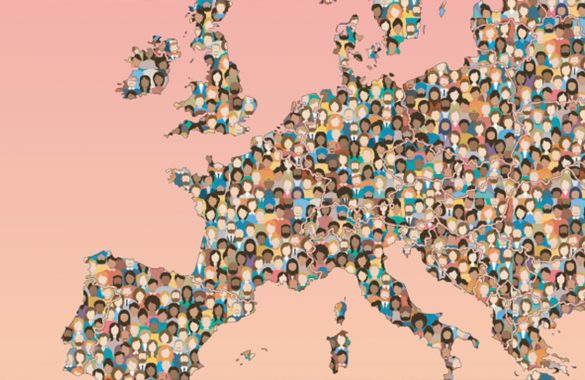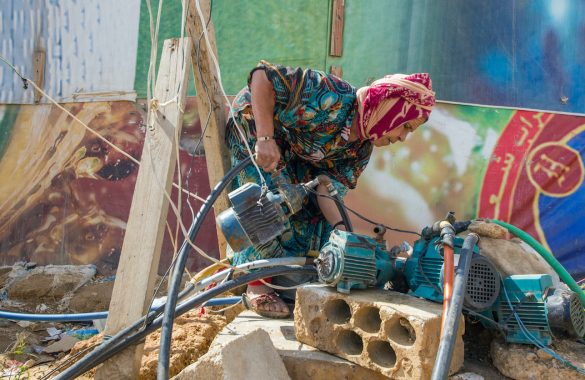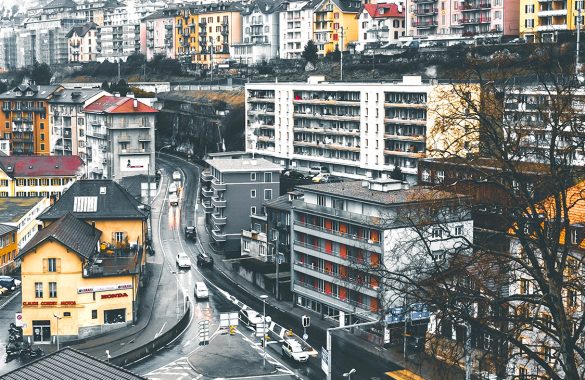Migration has long been seen as a problem to be solved in international development. Could facilitating safe, legal, planned migration instead be leveraged as a poverty-reduction strategy? By providing rural Nigeriens with information, training, and resources—including national identification, travel subsidies, and tools to stay connected with their families—the Planning for Productive Migration (PPM) program is helping generate evidence on how migration can be used a tool for economic development.
How can building social capital transform the economic lives of refugees? IPL partnered with International Rescue Committee (IRC) to test an intervention that aims to build business networks among refugee and host entrepreneurs through business groups and neighborhood associations. The study looks at the impact of these groups, along with cash assistance, on participants’ networks and explores how different network types and changes affect business success, social cohesion, and local economic conditions.
With large-scale displacement crises on the rise, understanding how to effectively support refugee integration is becoming an urgent policy need. A study of two language training programs Germany offered refugees reveals program design matters: the temporary, ad hoc language program the German government rapidly assembled in 2015-16 had no impact on refugee employment while its pre-existing intensive language course did help refugees secure jobs.
For Syrians fleeing conflict and eking out a new life abroad, Facebook offers access to vital information on safe travel routes, asylum, and jobs. But how much of what they encounter is from trusted sources? IPL researchers mapped the online information environment for Syrian refugees, demonstrating the critical role humanitarian organizations play in providing timely, accurate information in crisis situations.
From 2015 to 2016, Greece witnessed an influx of almost 1 million forcibly displaced people making their way to Northern and Western Europe. When neighboring nations closed their borders, Greece transformed from transit site to a hosting country. In 2022, researchers at IPL conducted a survey of asylum seekers and refugees to learn about the range of opportunities, obstacles, and relevant issues displaced people living in Greece experience.
How do Europeans feel about the influxes of asylum seekers following repeated humanitarian crises abroad? IPL researchers surveyed over 15,000 citizens from 15 EU nations in 2016 and 2022 during increased refugee arrivals from Syria and Ukraine. Countering fears of “compassion fatigue,” the study revealed support for refugees has been remarkably stable over time, with certain traits—including religion and education level—driving the public's preferences.
In the Middle East, countries that host large numbers of Syrian refugees now are taking active steps to encourage their return. Meanwhile, NGOs have started to consider steps to aid refugees in going home. Do refugees want to go back to Syria? And if so, when and how? IPL researchers surveyed Syrians in Lebanon to find out. The results can help inform the humanitarian and policy response to future refugee crises.
Since the 1990s, narratives about immigrants engaging in "benefit tourism” have been popular despite mixed evidence. In this study examining 10 years of administrative records in Switzerland, researchers from IPL Zurich found little evidence that immigrants who relocated substantially increased their welfare income. They also found that municipalities that increase benefits do not attract more immigrants, countering arguments often leveraged by politicians to justify cuts to social assistance programs.

